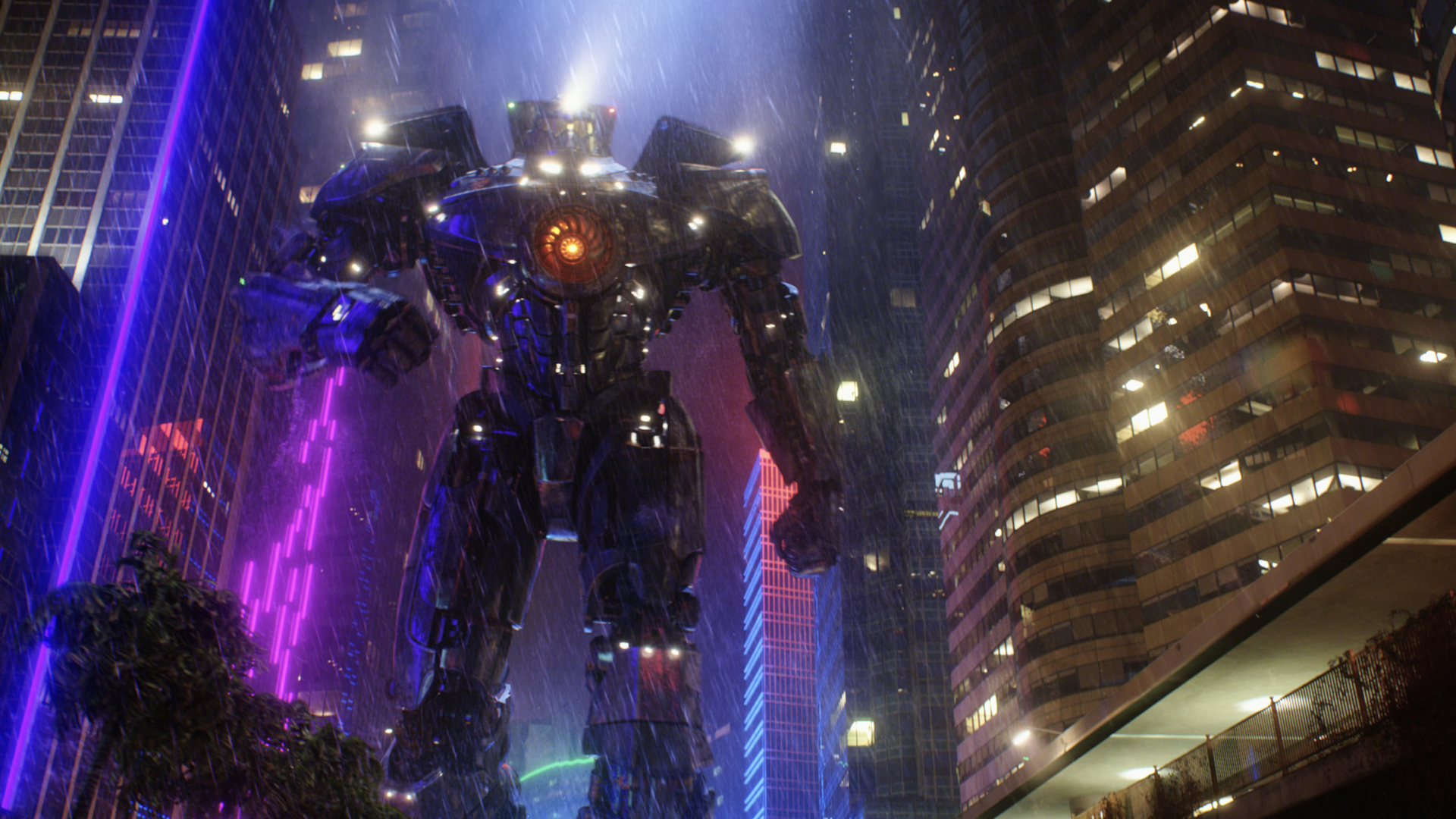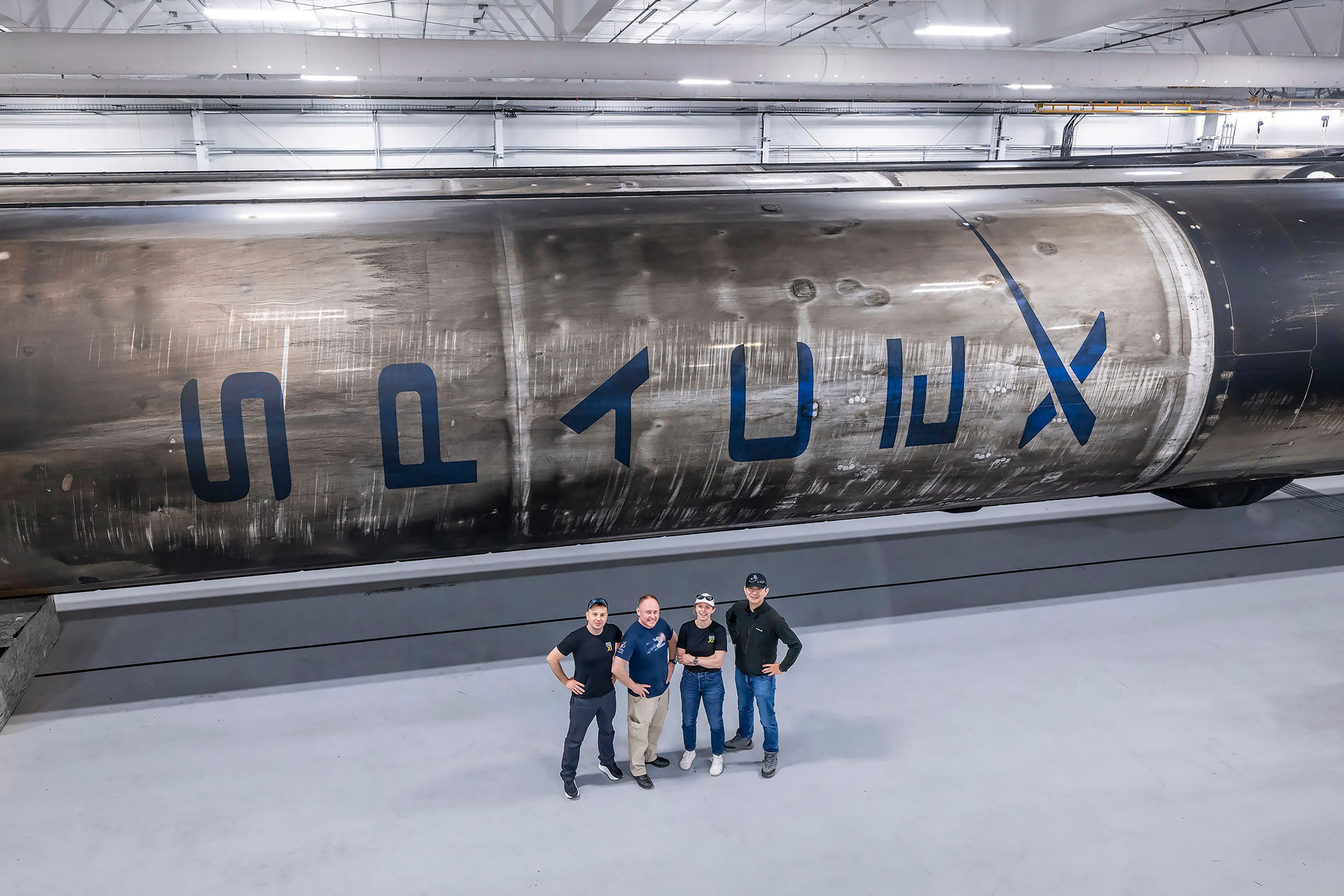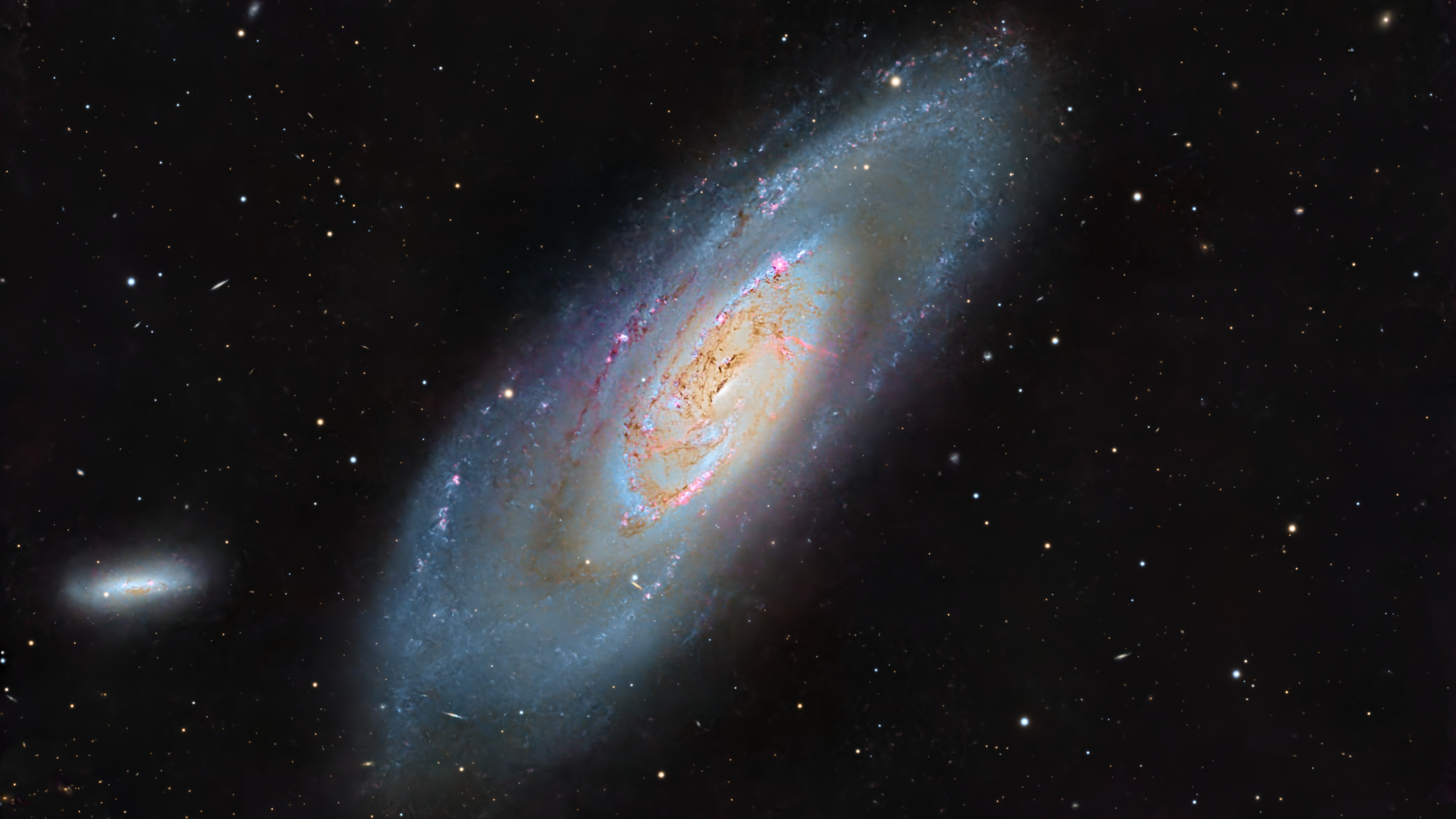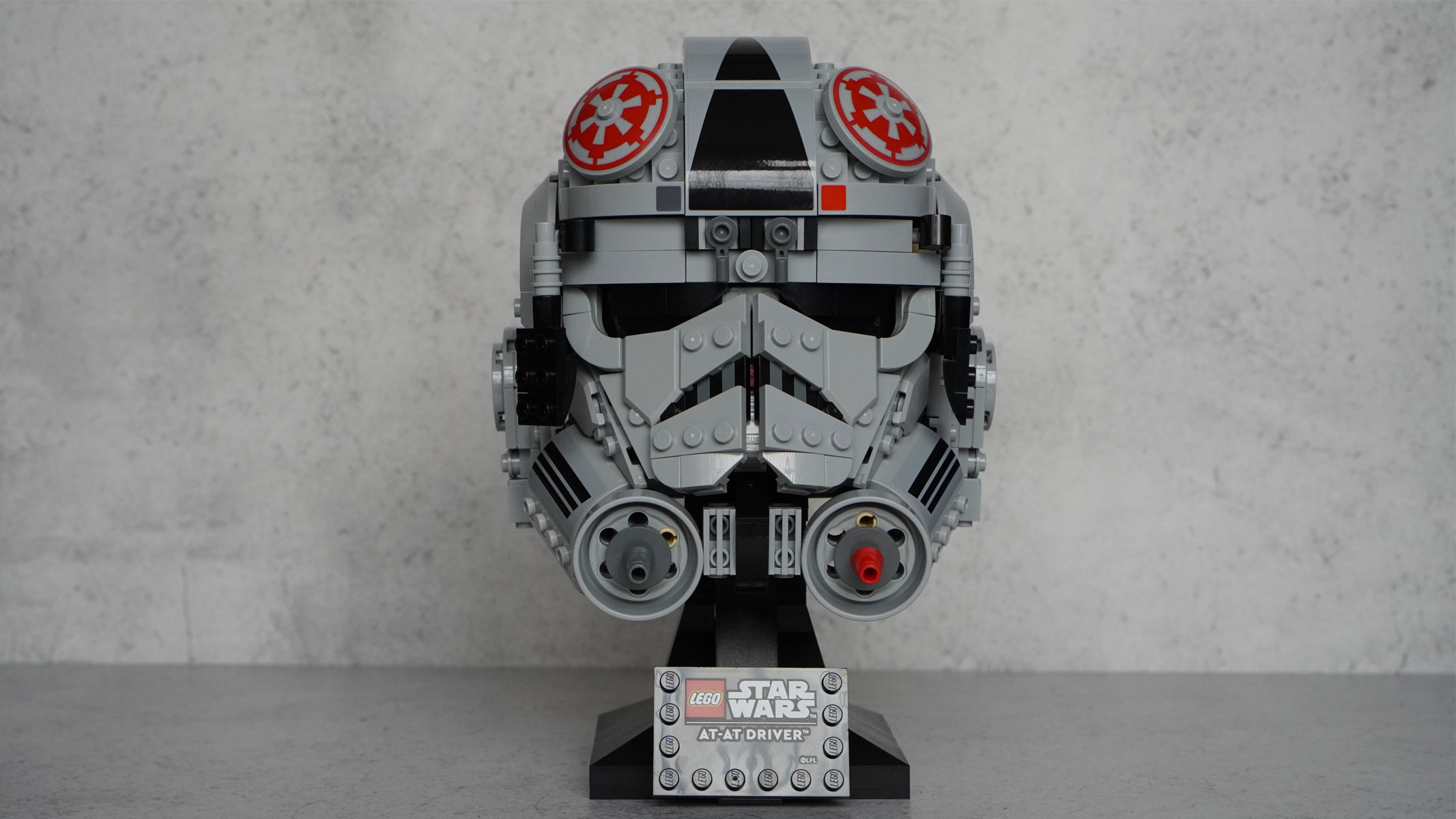NASA: Mars Rover Has Amnesia
Humans aren't the only forgetful ones. The Mars Rover Spirit "had a bout of temporary amnesia" on Friday, NASA officials said today.
They have no clue why. And the recalcitrant robot has not offered any clues.
The event is part of a string of problems dating back to an unexpected computer reboot that Spirit initiated a week ago. Another reboot occurred this weekend after the amnesia trouble.
Here's how NASA describes the robot's forgetfulness: Spirit unexpectedly fails to record data into the type of memory, called flash memory, where information is preserved even when power is off. Spirit has had three of these amnesia events in the past 10 days, plus one back on Jan. 25.
Officials don't know if the amnesia is related to the reboots.
The most recent reboot put Spirit back into an autonomous operations mode in which the rover keeps itself healthy, according to today's statement. Spirit experienced no problems in this autonomous mode on Sunday.
The rover team at NASA's Jet Propulsion Laboratory, Pasadena, Calif., revised plans today for regaining Earth control of Spirit's operations and resuming diagnostic and recovery activities by the rover.
Get the Space.com Newsletter
Breaking space news, the latest updates on rocket launches, skywatching events and more!
"We are proceeding cautiously, but we are encouraged by knowing that Spirit is stable in terms of power and thermal conditions and has been responding to all communication sessions for more than a week now," said JPL's Sharon Laubach, chief of the rover sequencing team, which develops and checks each day's set of commands.
During the past week of diagnostic activities, the rover has successfully moved its high-gain dish antenna and its camera mast, part of checking whether any mechanical issues with those components may be related to the reboots, the amnesia events, or the failure to wake up for three consecutive communication sessions two weeks ago.
Spirit, and its rover twin Opportunity, finished their three-month prime mission on Mars five years ago and have kept operating through multiple mission extensions.
Officials aim to get Spirit back to full operation or, if something is broken, at least get it going in some capacity.
"For example, if we do determine that we can no longer use the flash memory reliably, we could design operations around using the random-access memory," Laubach said.
Spirit has 128 megabytes of random-access memory, or RAM, which can store data as long as the rover is kept awake before its next downlink communications session.
- Special Report: The Robot-Human Convergence
- Video – Spirit on Mars: NASA's Little Rover That Could
- What Lies In Store for the Mars Rovers?
Join our Space Forums to keep talking space on the latest missions, night sky and more! And if you have a news tip, correction or comment, let us know at: community@space.com.

Space.com is the premier source of space exploration, innovation and astronomy news, chronicling (and celebrating) humanity's ongoing expansion across the final frontier. Originally founded in 1999, Space.com is, and always has been, the passion of writers and editors who are space fans and also trained journalists. Our current news team consists of Editor-in-Chief Tariq Malik; Editor Hanneke Weitering, Senior Space Writer Mike Wall; Senior Writer Meghan Bartels; Senior Writer Chelsea Gohd, Senior Writer Tereza Pultarova and Staff Writer Alexander Cox, focusing on e-commerce. Senior Producer Steve Spaleta oversees our space videos, with Diana Whitcroft as our Social Media Editor.










